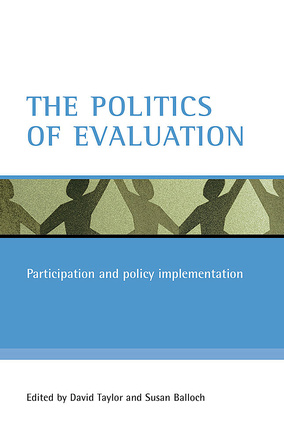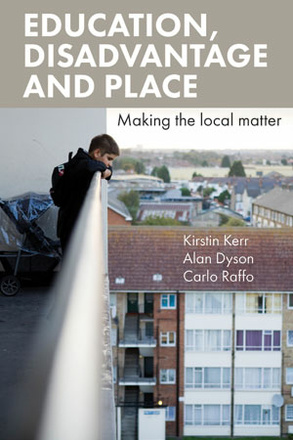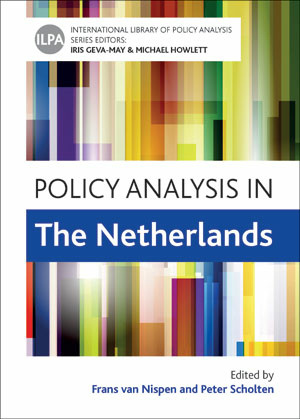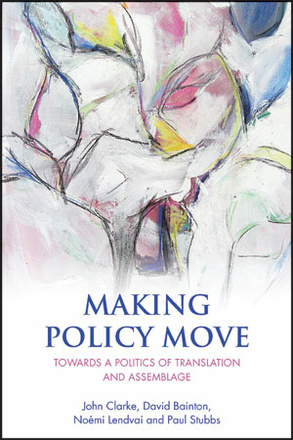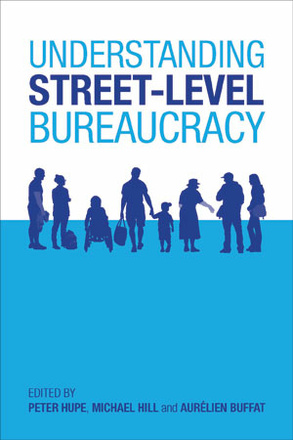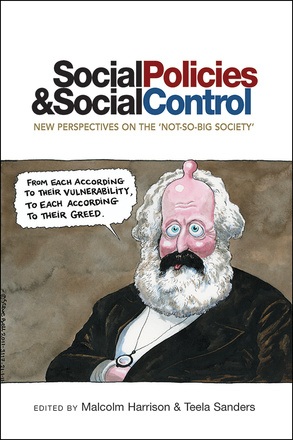Evidence Use and Evaluation
The politics of evaluation
Participation and policy implementation
The widespread popularity of evaluation is based on the need to provide evidence of the effectiveness of policies and programmes. This book sees evaluation as an inherently political activity, and using a wide range of examples it relates practical issues in evaluation design to their political contexts.
Evaluation for the Real World
The Impact of Evidence in Policy Making
This valuable book examines the development of evaluation and its impact on public policy by analysing evaluation frameworks and criteria which are available when evaluating public policies and services.
Global Social Policy in the Making
The Foundations of the Social Protection Floor
This book by the world’s leading authority on global social policy examines why and how the Social Protection Floor became ILO, UN and G20 policy and how the World Bank and IMF took steps to lay its foundation.
Disputing Citizenship
This unique book presents a new perspective on citizenship by treating it as a continuing focus of dispute. The authors develop a view of citizenship as always emerging from struggle through an exploration of the entanglements of politics, culture and power that are both embodied and contested in forms and practices of citizenship.
Education, Disadvantage and Place
Making the Local Matter
Challenging current thinking, this important book is the first to focus on the role of area-based initiatives to tackle the link between education, disadvantage and place. Aimed at all those actively seeking to tackle disadvantage, including policymakers, practitioners, academics and students.
Policy Analysis in the Netherlands
This book, part of the International Library of Policy Analysis, provides an overview of developments in policy analysis in both academia and practice at various levels of governance and offers an overview of the current state of affairs.
Fatherhood in the Nordic Welfare States
Comparing Care Policies and Practice
In this topical book, expert scholars from the Nordic countries, the UK and the US demonstrate how modern fatherhood is supported in Nordic countries through family and social policies, and how these shape and influence the images, roles and practices of fathers in a diversity of family settings and variations of fatherhoods.
Making Policy Move
Towards a Politics of Translation and Assemblage
Written by key people in the field, this timely and accessible book argues that treating policy’s movement as an active process of ‘translation’, in which policies are interpreted, inflected and re-worked as they change location, is of critical importance for studying policy.
Understanding Street-Level Bureaucracy
Understanding street-level bureaucracy gathers internationally acclaimed scholars to provide a state of the art account of theory and research on modern street-level bureaucracy, filling an important gap in the literature on public policy delivery.
Brain Culture
Shaping Policy Through Neuroscience
This unique book offers a timely analysis of the impact of rapidly advancing knowledge about the brain, mind and behaviour on contemporary public policy and practice. It analyses the global spread of research agendas, policy experiments and everyday practice informed by ‘brain culture’.
Social Protection after the Crisis
Regulation without Enforcement
This topical book considers the economic, political and social consequences of the economic crisis, the nature of social protection and the dynamics of the current crisis of regulation. It is unique in documenting how economic and social welfare are inconsistent with corporate freedom.
Social Policies and Social Control
New Perspectives on the 'Not-So-Big Society'
An innovative account of social control and behaviourism within welfare systems and social policies, and the implications for disadvantaged groups.







